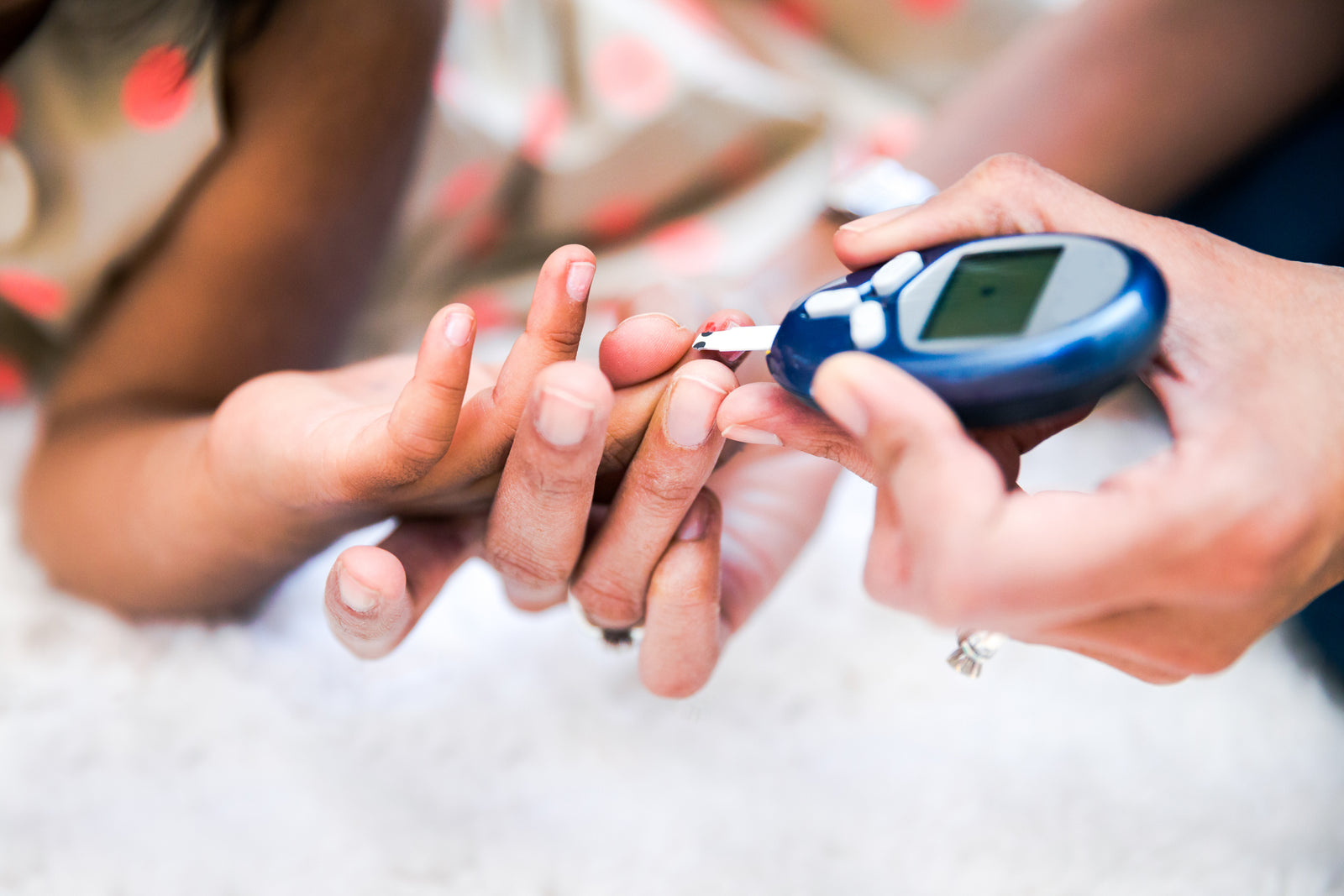Understanding Your F2 Gene Result and Blood Clot Risk
Blood clots are a normal part of healing, but when clots form inside blood vessels they can cause serious problems such as deep vein thrombosis (DVT) or pulmonary embolism (PE). The F2 gene makes prothrombin, a protein that helps blood clot. Certain variations in F2 can raise prothrombin levels and increase the chance of forming abnormal clots. This article explains what F2 results mean, how they relate to clot risk, and practical steps you can take to support healthy circulation.
How F2 Affects Clotting
Prothrombin is a key protein in the cascade that creates a clot. When an F2 variant increases prothrombin levels, the blood can be more prone to clotting even when clotting is not needed. That increased tendency raises the risk of venous thromboembolism, a group of conditions that includes DVT and PE. Your overall risk depends on the combination of your genetics, lifestyle, medications, and other medical factors.
2 effect alleles (GG) — increased risk of VTE
If your genotype is GG for rs3136516, you carry two copies of the effect allele. This is associated with an increased risk of venous thromboembolism, including deep vein thrombosis and pulmonary embolism. The F2 variant linked to this genotype can raise prothrombin levels, making blood more likely to clot inappropriately inside veins.
Clinical implications to consider
- Higher baseline tendency to clot compared to people without the variant
- Risk can compound when combined with other factors such as surgery, pregnancy, hormone therapy, long periods of immobility, obesity, or other clotting gene variants
- In some situations your healthcare provider may consider additional monitoring, preventive strategies, or testing for other clotting risks
1 effect allele (AG) — likely increased risk of VTE
If your genotype is AG for rs3136516, you carry one copy of the effect allele. This is associated with a likely increased risk of venous thromboembolism. Research suggests carrying one copy can increase VTE risk by roughly 2.6 to 4.4-fold compared to those without the variant, depending on clot location and other risk factors.
Clinical implications to consider
- Moderately elevated clotting tendency compared to noncarriers
- Risk increases further when combined with other genetic or environmental factors
- Discuss personal and family history of clotting with your healthcare provider to decide whether additional testing or precautions are needed
0 effect alleles (AA) — typical risk for this F2 variant
If your genotype is AA for rs3136516, you carry two copies of the non-effect allele. This is the most common genotype and is associated with typical prothrombin levels and no increased clot risk from this specific F2 variant.
Clinical implications to consider
- Normal baseline risk related to this particular F2 variant
- You can still develop clots due to other causes such as surgery, trauma, pregnancy, hormone therapy, prolonged immobility, or other genetic variants
- Maintaining healthy circulation is important for everyone regardless of genotype
Practical Steps to Support Healthy Circulation
Whether your genetic result suggests increased risk or typical risk, lifestyle choices can reduce the chance of dangerous clots. Below are approachable, evidence-informed strategies you can discuss with your healthcare provider.
Daily habits
- Stay hydrated. Dehydration makes blood more concentrated and can increase clot risk.
- Move regularly. Stand up, stretch, and walk every 30 to 60 minutes during long periods of sitting, such as travel or desk work.
- Maintain a healthy weight. Excess body weight increases clot and cardiovascular risk.
- Exercise consistently. Aim for moderate aerobic activity most days of the week to support circulation.
- Avoid tobacco. Smoking damages blood vessels and increases thrombotic risk.
Diet and nutrition
- Eat a balanced diet rich in fruits, vegetables, whole grains, lean proteins, and healthy fats to support vascular health.
- Limit processed foods, excessive salt, and high saturated fat intake.
- Be mindful with vitamin K if you are on anticoagulant therapy. If you take blood thinners, discuss consistent dietary vitamin K intake with your provider.
Supplements and medications
- There is no supplement that reliably prevents genetic clotting risk. Some nutrients support vascular health, but discuss any supplement with your healthcare provider before starting.
- If you are at high clot risk, your provider may recommend prescription anticoagulation in certain situations. Never start or stop anticoagulants without medical supervision.
- Be careful with hormonal medications. Combined hormonal contraceptives and certain hormone therapies can increase clot risk. Discuss options with your clinician if you carry a prothrombotic variant.
When to consider blood tests and medical evaluation
- Talk with your healthcare provider about a review of personal and family history of clots. This helps decide if further lab testing is appropriate.
- Additional blood tests may include coagulation studies and testing for other genetic clotting variants when clinically indicated.
- If you are planning major surgery, pregnancy, or a long flight, discuss thrombosis prevention strategies with your provider based on your genetic result and health history.
- Seek immediate medical attention if you experience symptoms of DVT, such as sudden leg swelling, pain, warmth, or redness, or symptoms of PE like sudden shortness of breath, chest pain, or fainting.
How to use this information
Your F2 result is one piece of the puzzle. A genetic variant that increases prothrombin can raise baseline risk for venous thromboembolism, but actual clot risk is shaped by many factors. Use this information to:
- Inform conversations with your healthcare provider
- Consider tailored prevention steps in high-risk situations such as surgery, pregnancy, or prolonged immobility
- Adopt everyday habits that support healthy circulation
PlexusDx does not provide medical advice. This information is educational and not a substitute for personalized medical evaluation. Always consult your healthcare provider before making decisions about your health, medications, or tests. If you have concerns about blood clot risk or have symptoms suggestive of a clot, seek immediate medical care.

Share:
BLOOD CLOTS | F2 (rs1799963)
BLOOD CLOTS | F5 (rs6025)